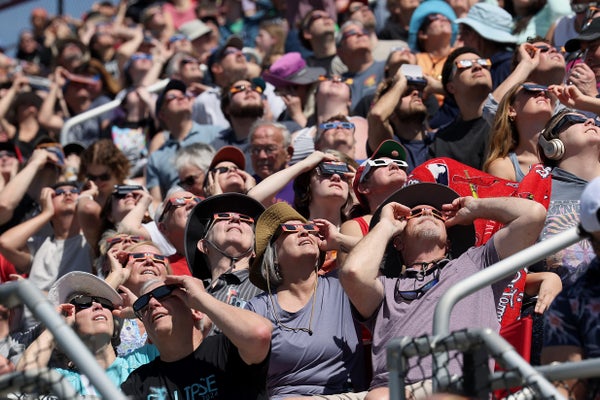The conventional view of the age of the dinosaurs is that mammals lived in the shadows until the day the asteroid hit, but a new analysis shows they were already evolutionarily primed to take over the world
Life
7 December 2022
The day the dinosaurs died serpeblu/Shutterstock
Mammals survived the asteroid that wiped out the dinosaurs by evolutionarily hedging their bets, generating an array of varied species that set them up to weather the prehistoric apocalypse, according to a new analysis.
By looking at how ecosystems in prehistoric North America changed – or stayed the same – Jorge García-Girón at the University of León, Spain, and his colleagues hoped to gain some insight into why mammals and other small creatures thrived after the impact while birds were all that remained of the dinosaurs.
“I do not believe that selectivity favouring small-bodied animals alone can explain the difference between survival and extinction between mammals and dinosaurs,” says García-Girón. The real picture is much more complex and has to do with the spread of different diets, behaviours and niches that animals had before the impact, he says.
Drawing on more than 1600 fossils of various North American dinosaurs, fish, amphibians, reptiles, birds and mammals, the team created an estimation of the niches each extinct species occupied. For each species, the researchers assigned a body size, habitat and diet, plugging this information into a computational model developed by ecologists to track how food webs shift over time.
The team found that dinosaurs present in North America 66 million years ago more or less resembled those of 18 million years earlier and represented a form of ecological stability. Mammals, meanwhile, persistently pushed the envelope of adaptation, evolving into a vast array of climbing, gliding, swimming, burrowing and other forms during this period.
Contrary to some previous studies that proposed a decline in the number of dinosaur species approaching the impact, the researchers found no such dip. If anything, dinosaurs like T. rex and Triceratops were filling the same roles their ancestors did millions of years earlier. Mammals, on the other hand, were more flexible.
“It not only amazed me how mammals managed to thrive in the highly complex, and probably dangerous, dinosaur-dominated ecosystems,” says García-Girón, but how also how rapidly our ancestors moved into vacant niches after the asteroid hit.
“Dinosaurs going extinct is certainly a captivating story, but they were just one of the many taxa that were dramatically affected by the… mass extinction,” says Lucas Weaver at the University of Michigan. The study brings together the data various researchers have collected into a new theoretical model that can continue to be assessed with new discoveries, says Weaver, and such ecosystem-wide approaches are likely to provide the next big insights into what happened before and after this cataclysmic event.
Journal reference: Science Advances, DOI: 10.1126/sciadv.add5040
Sign up to Wild Wild Life, a free monthly newsletter celebrating the diversity and science of animals, plants and Earth’s other weird and wonderful inhabitants
More on these topics:














